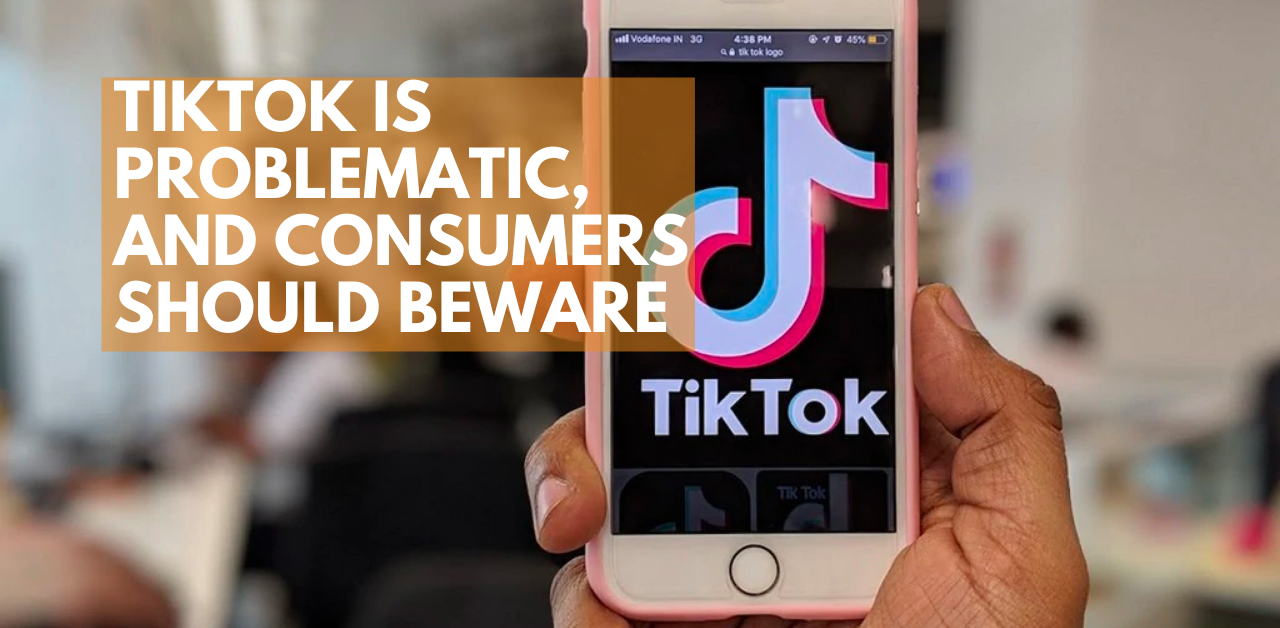Over a dozen states are suing TikTok, according to news reports breaking today, in a fresh bipartisan move against the massively popular social media app. This collection of lawsuits goes after...

Earlier today, President Joe Biden signed the supplemental appropriations bill HR815 into law, which contains a targeted and limited forced divestiture of the social media app TikTok, previously passed by...

Washington, D.C. – Yesterday, a bipartisan group of US House legislators introduced a bill that would force ByteDance Ltd. to sell its US version of TikTok or face massive fines...

As consumer advocates, we pride ourselves as standing for policies that promote policies fit for growth, lifestyle freedom, and tech innovation. In usual regulatory circumstances, that means protecting consumers’ platform...

CONTACT:Yaël OssowskiDeputy DirectorConsumer Choice Center TikTok is problematic, and consumers should beware WASHINGTON, D.C. – This week, both President Donald Trump and Secretary of State Mike Pompeo have floated a ban on the...